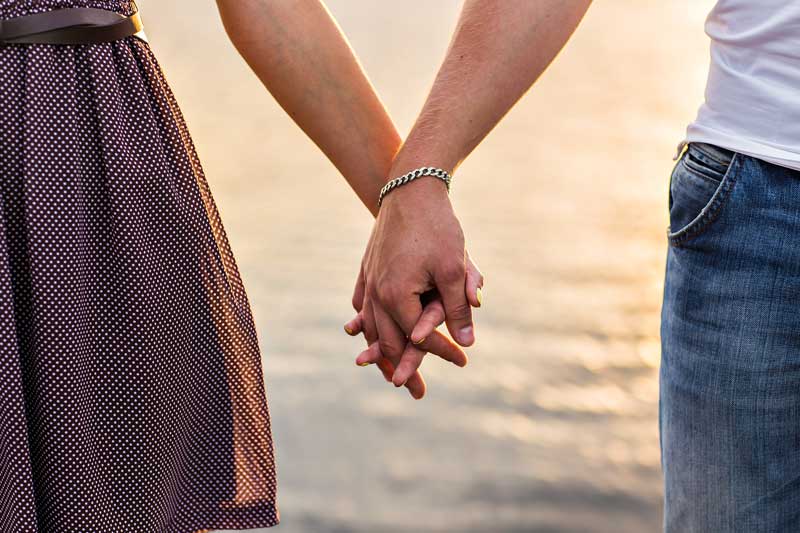Safe and supporting relationships enable a person to thrive. As humans we seek to belong whilst wants to pursue our dreams at the same time. These needs form the basis of our interpersonal relationships and partnerships in adult life. Our workplaces should offer a rich ground for employees to achieve personal goals while contributing to a common cause.
However, sometimes relationships feel anything but safe and supporting. Repeated arguments, deafening silences and even hostility are common features of relationships with partners and parents. The inability to return to a more harmonious platform can result in a deterioration in how we function generally in life. Chronic stress caused by fractures in relationships undermines our trust, feelings of safety and overall wellbeing.
How can counselling help build positive relationships?
Once we find ourselves in a viscous cycle of arguments, withdrawals and maladaptive coping behaviours outside help should be sought. A counsellor will facilitate the behavioural changes needed to avoid a total breakdown in the relationship through raising greater awareness, not only to the issues themselves, but also by highlighting the ways parties unwittingly contribute to their maintenance.
What do we mean by ‘showing up’ in relationships?
We can be ‘present’ in a physical sense, yet far away in our thoughts. ‘Showing up’ involves both a physical and emotional presence. It requires us to be aware of and attuned to each other’s feelings. We hold physical contact (eye-contact, a reassuring touch or mirroring posture). In the moment of connection we drop any agenda or judgment and stop wanting to fix a problem (or the person in front of us).
This is the only state of mind – conveyed by facial cues, body language and tone of voice – that is able to down-regulate stress and defensiveness in another human being. And only when we feel safe in each other’s company can we build intimate and caring partnerships in which we thrive.
How communication improves by being present with each other?
Your counsellor will help you better understand how the nervous system works with regards to feeling safe or sensing danger. She will highlight that the protection of our self is one of the most ancient and important function of the brain. It is, however, possible to gain better control of overwhelming feelings or dysfunctional behaviours.
An important part of this is to learn new skills in communication such as active listening. So that we feel heard, seen and understood. In turn we offer the same to our partner. Active listening can shift and greatly improve family and relationship dynamics.
How does your past interfere with your present?
We must acknowledge that nobody enters any form of relationship without a historical ‘baggage’. Big or small, in the shape of memories, acting, thinking in certain ways and having beliefs that may be different from those who we are close to, we carry these without being much aware of them. We picked up these in our family of origin from the moment we were born through the experiences we faced.
‘Inner-child work’ is also an important element of relationships therapy to facilitate a witnessing and healing process. This involves discovering our unresolved past issues and reaching out to that, often young, version of ourselves who still carries the scars. Witnessing each other’s potentially transformative work contributes enormously to the positive shift in the participants. You can read more about how here.



